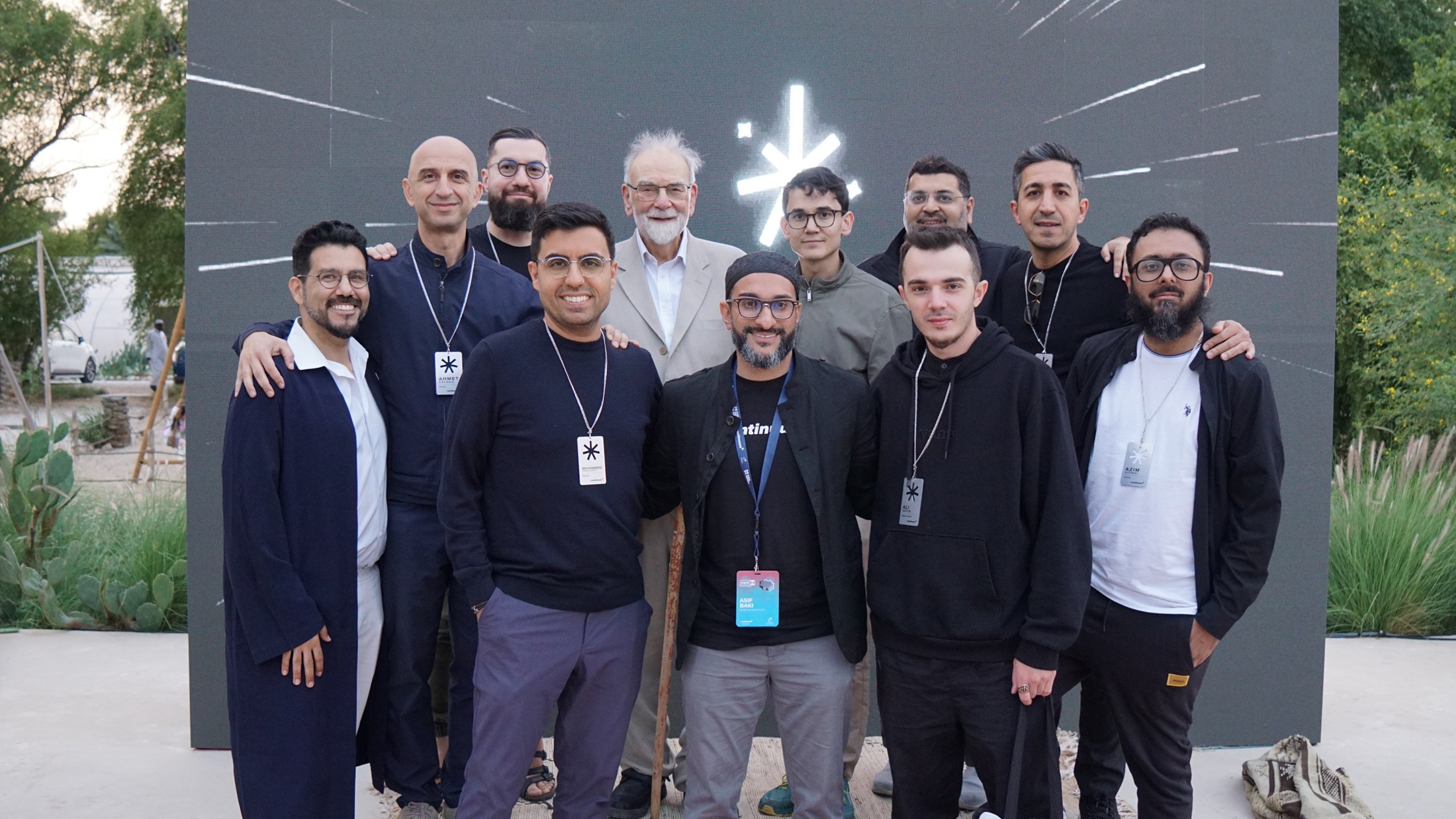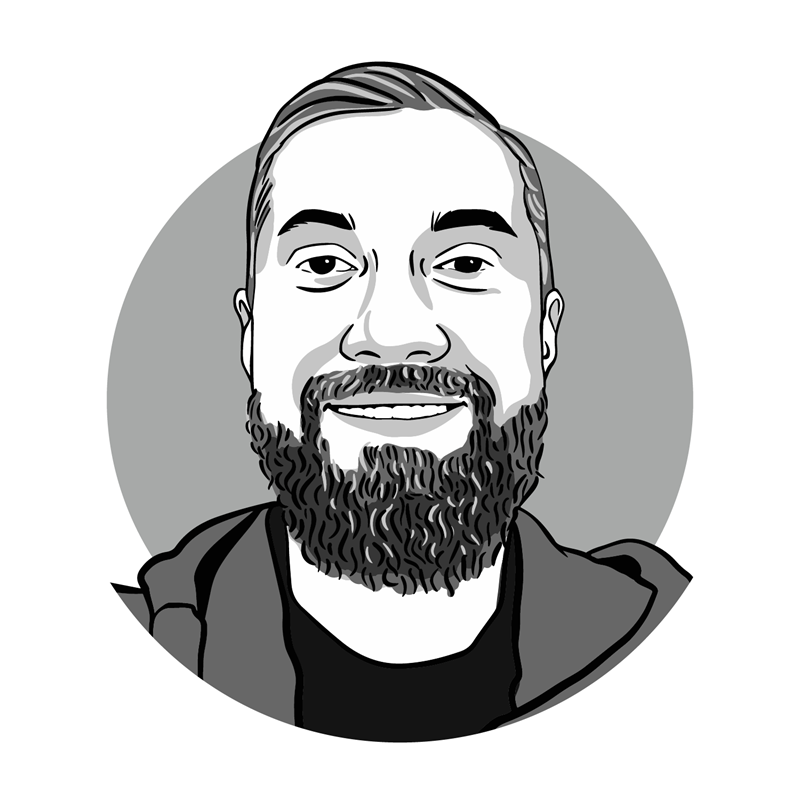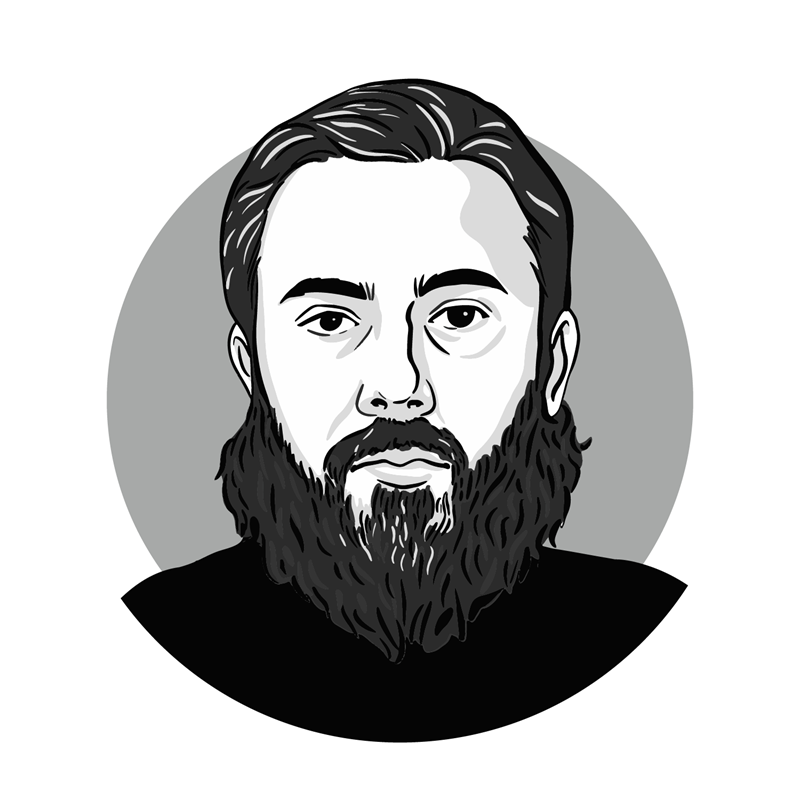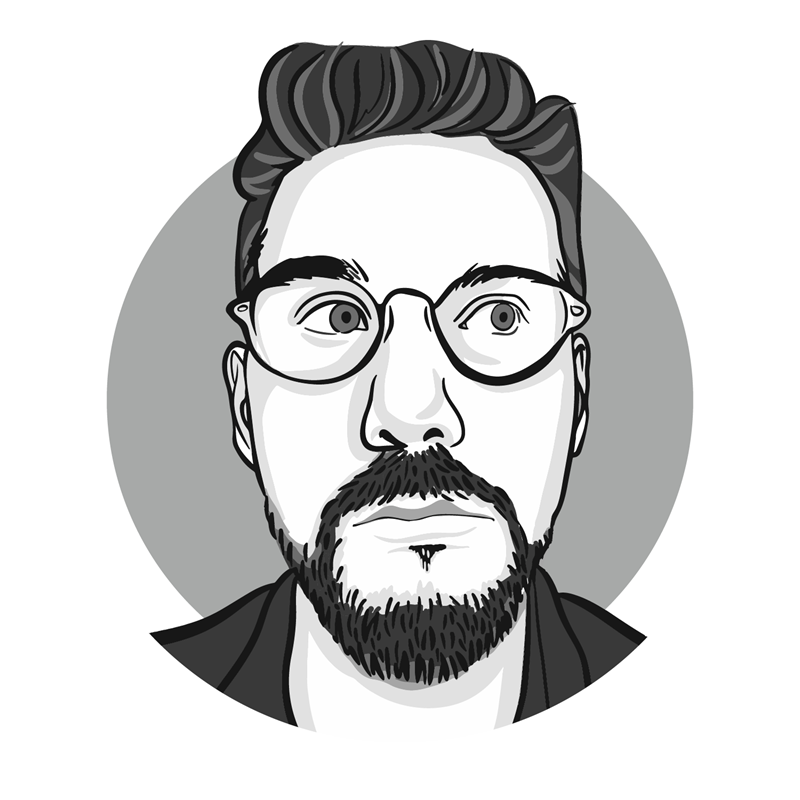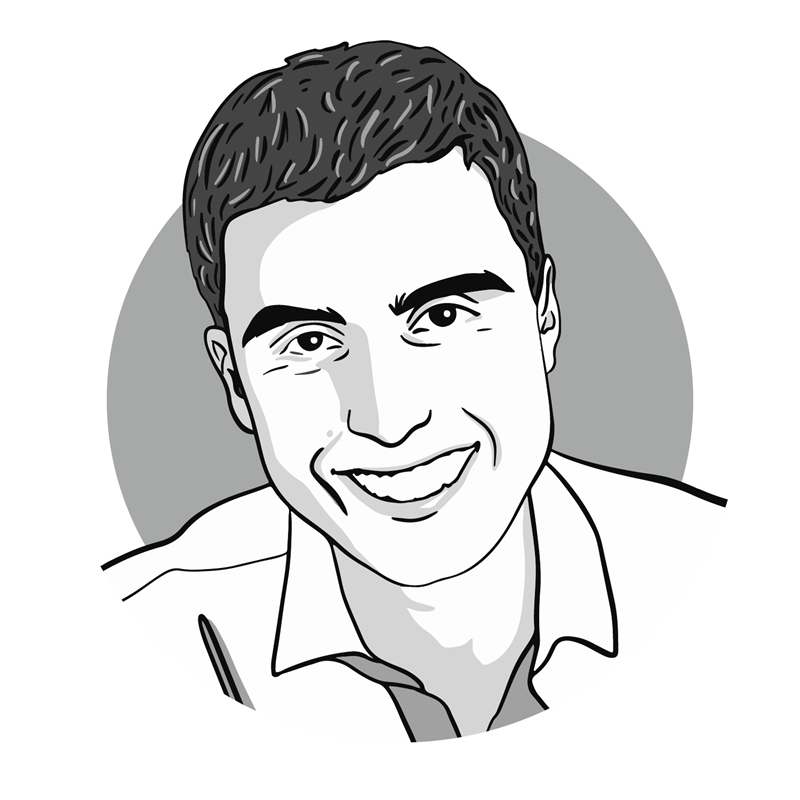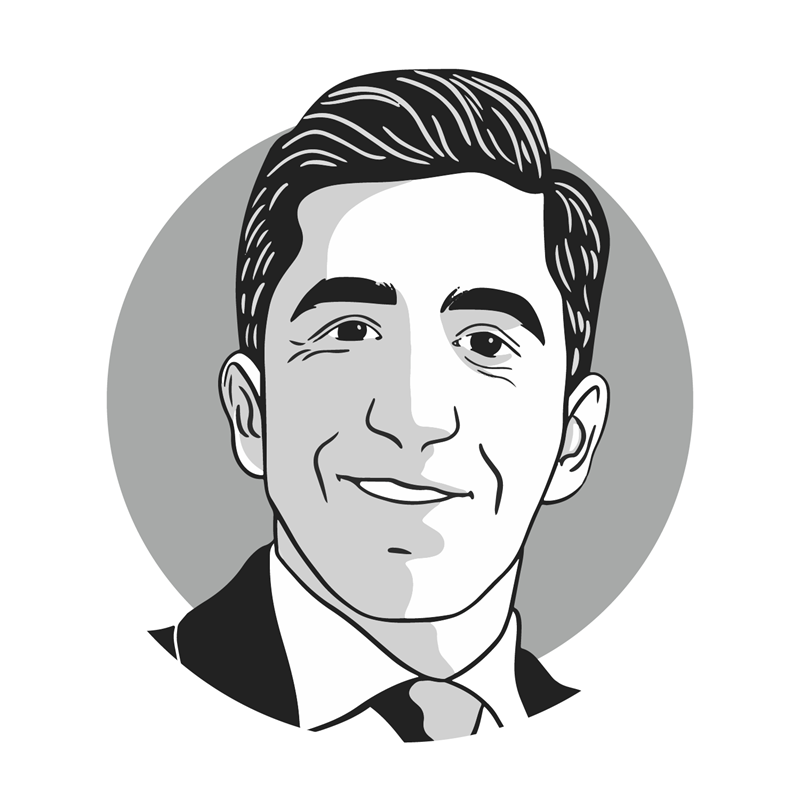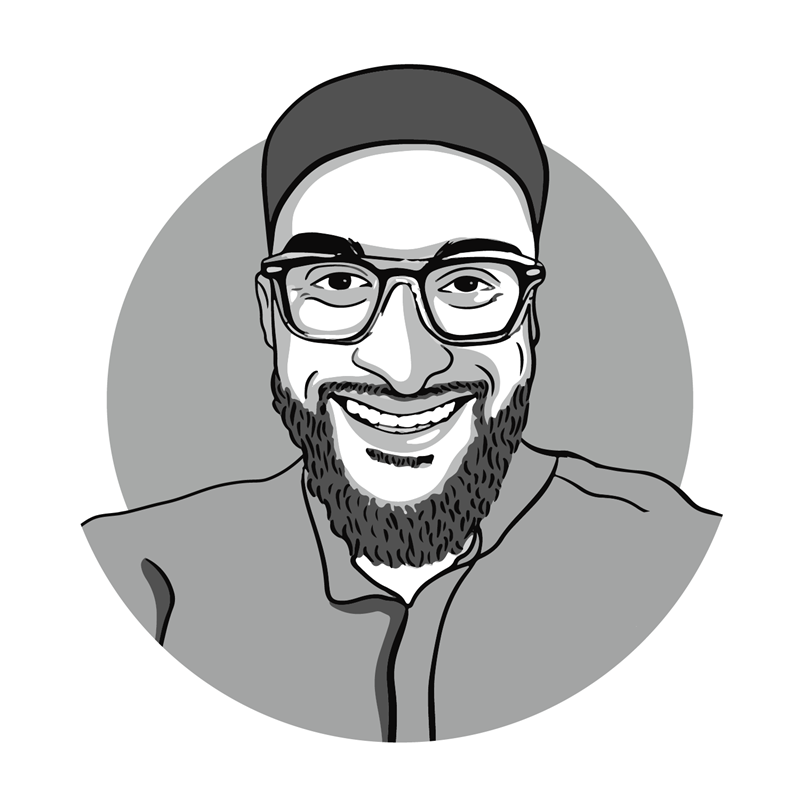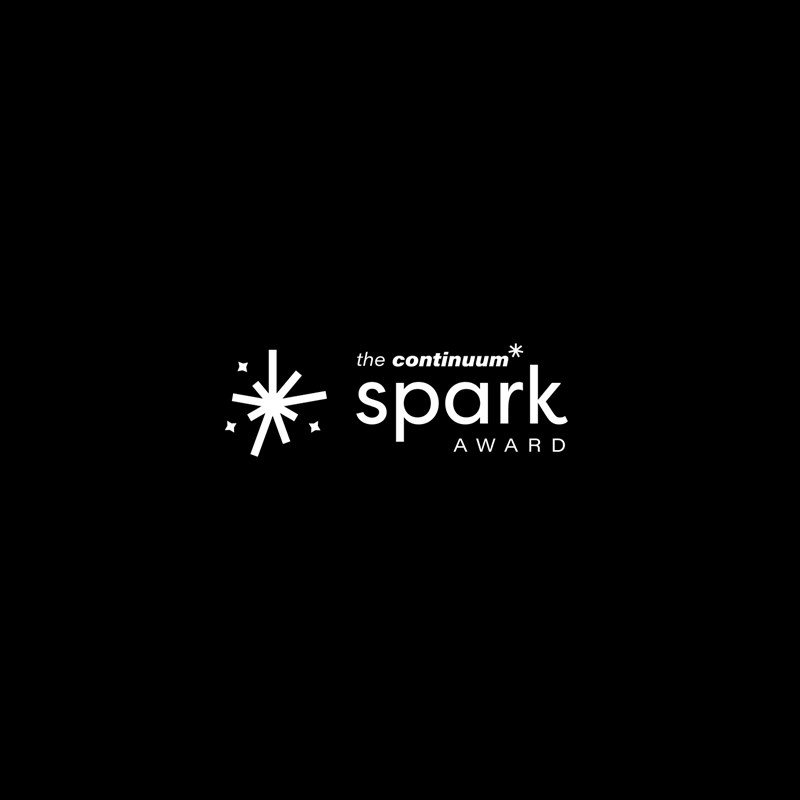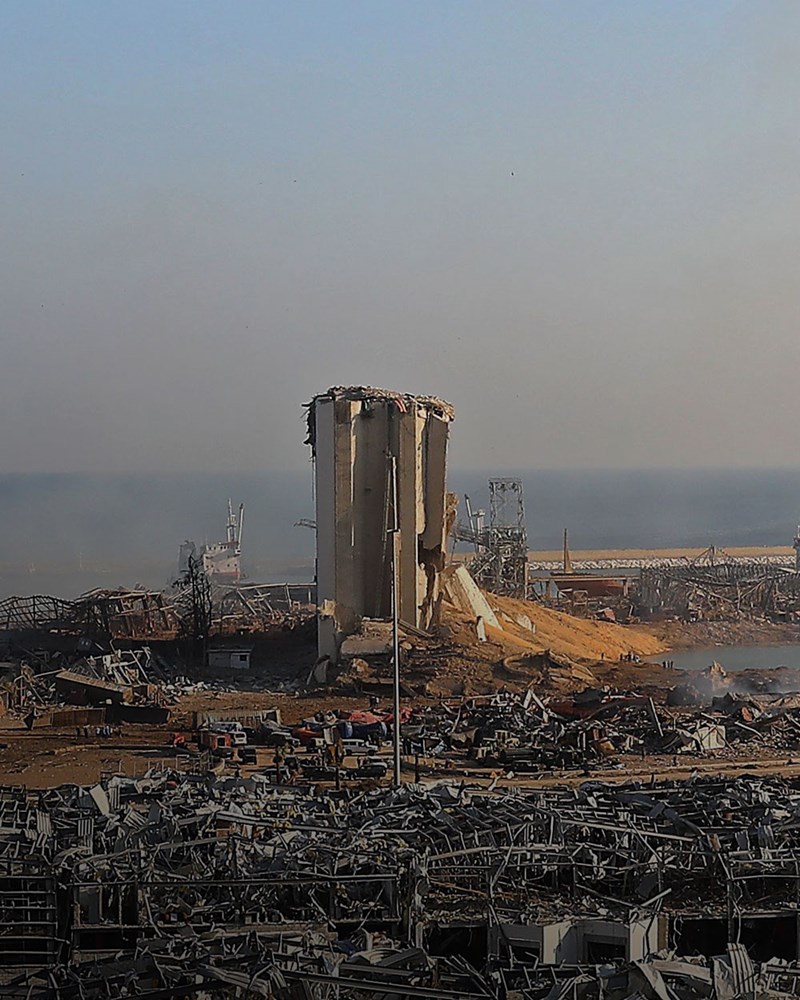Ziver Birg, founder and board member
Ziver Birg grew up in California where at the age of 18 founded his first company making computerized kiosks for fast food outlets. Several exits later, he is now directing his wealth and energy towards finding disruptive solutions for nonprofits, including Collective Continuum. According to Birg, “The Collective Continuum represents a community of like-hearted individuals who are focused on eternity for God's pleasure alone… It is run by a collective of individuals who through companionship and equality have banded together to utilise their collective energies for goodness. No one person represents this intention, it is truly by the people for the people.”
Azim Kidwai, co-founder and board member
The founder of the National Zakat Foundation Worldwide, Azim Kidwai is a leading authority on Islamic Social Finance ventures and working with governments and non-faith actors on what role they can play in enabling Zakat in their economies. Based in Bradford in the north of England, Kidwai currently leads Mercy Mission, the largest Islamic Donor Advised Fund in the World and serves across multiple boards on major philanthropic organisations.
Mark Gonzales, CEO
Born and raised in small-town rural Alaska to second generation Mexicans immigrants, Mark Gonzales converted to Islam in his 30s after a death in the family left him questioning the meaning of life. Soon-to-turn 50, Gonzales has had a rich and varied career, most recently splitting his time between Silicon Valley and the ancient streets of Tunisia, where he and his wife run a cultural heritage project called New Medina rehabilitating old buildings and preserving national traditions. His book “Yo Soy Muslim: a Father’s letter to his daughter” was named Huffington Post’s Most Powerful Children’s Book of 2017.
Muhammed Yesilhark, co-founder and non-executive board member
Born and educated in Germany to Turkish immigrants, Muhammed Yesilhark’s career in investment banking and hedge fund management took him first to London and later Dubai, where he is now the chief investment officer at NOIA Capital, and a member of the board of directors of Dubai Chamber of Commerce. Yesilhark is also the chairman of Shamaazi, a fintech-for-good company behind successful ventures such as MyTenNights.com, an online donation platform encouraging Muslims to make donations during laylatul qadr, the holiest period of Ramadan, and ZAKchat, a personal personal chatbot assistant helping people work out their Zakat accurately. He has also served as an adviser and board member of the UK-based National Zakat Foundation, where he first met Azim Kidwai.
Talha Yesilhark, co-founder and non-executive board member
Born and raised in Germany, Talha Yesilhark studied finance and management and has worked in senior roles at Deutsche Bank in Europe and the Middle East. He is currently based in Frankfurt. When Yesilhark and his brother, Muhammed, reconnected with Ziver Berg, a childhood friend from their time growing up in Germany who had just had a successful exit, during the Covid-19 pandemic, they spent months collectively brainstorming how they could channel wealth where it was needed. They wanted to find something beyond charity, something that would “create lasting impact” and “deliver the highest bang for buck” – and from out of these sessions, Collective Continuum was born.
Asif Baki, chief experience officer
Growing up in Wisconsin, and now based in Chicago, Asif Baki started his tech career at Microsoft before moving to Google. There, he was a lead player in the Next Billion Users initiative, making the internet more accessible to the Global South by re-thinking traditional approaches to deliver lower data costs, more suitable design, UX and UI, often through a mobile-first lens. “Finding solutions starts with identifying the right problems, and from there, you can cultivate a culture and give people the resources, training and mentorship you need,” he says.
Ahmet Kayhan, co-founder
Born and educated in Turkey, Ahmet Kayhan has played a pivotal role in fintech, proptech and data analytics sectors across emerging markets. He is currently Head of International and a Board Member at DGPAYS Group, a leading B2B fintech company, and serves as an Executive Board Director at NEOPAY and Dogus Group in Dubai. Kayhan previously founded REIDIN, a pioneering data analytics firm for real estate in emerging markets, and co-founded Zingat, a next-generation real estate marketplace in Turkey.

